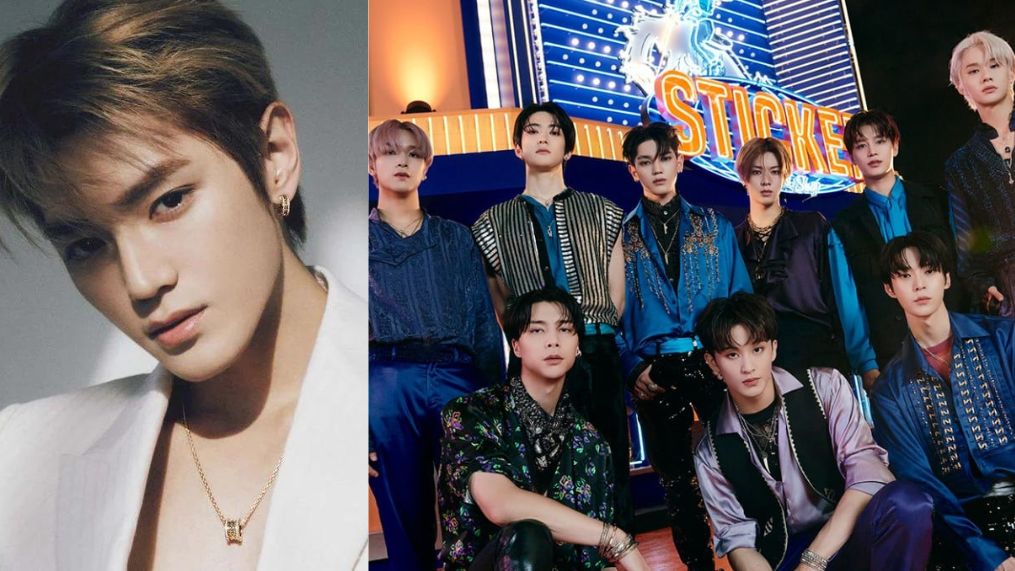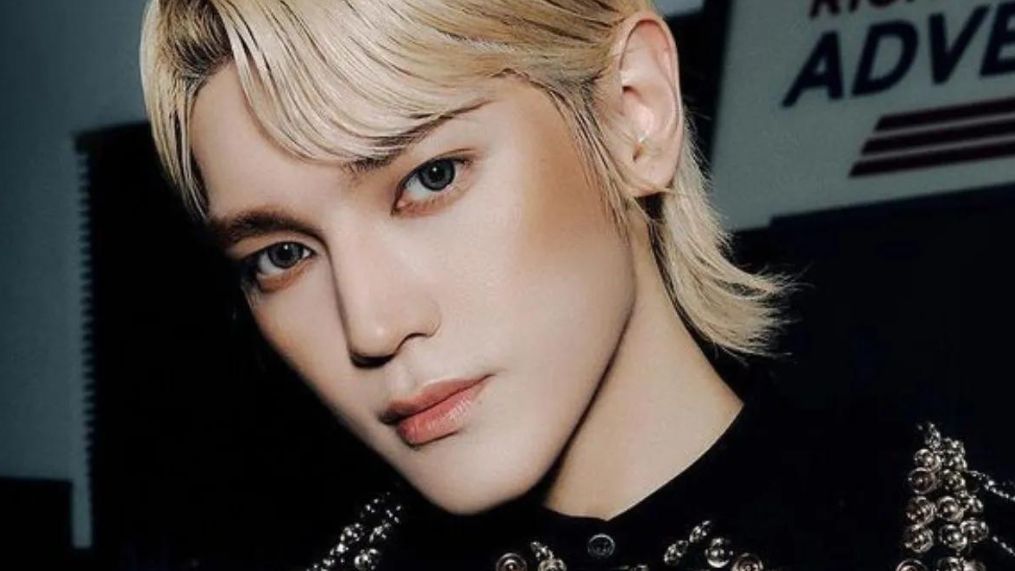NCT Taeyong finds himself in hot water after sharing an Instagram Story featuring the word “Boycott,” stirring controversy amidst his group’s collaboration with Starbucks.
The post, swiftly deleted, sparked a flurry of reactions online, with supporters applauding his stand while critics lambasted him for potential damage to NCT’s image and interests.
Some fans expressed disappointment, fearing repercussions on the group’s reputation, while others accused him of selfishness, particularly given his role as NCT’s leader and his current military enlistment status.
This incident highlights the intricate balance K-pop idols must address between personal beliefs and professional obligations. In a highly scrutinized industry, where every action is scrutinized, idols face immense pressure to remain neutral to safeguard their careers and group dynamics.

Taeyong’s case underscores the broader debate within the K-pop community about the role of idols in social and political issues. While some advocate for vocal activism, others emphasize the need for caution, recognizing the potential consequences of speaking out.
Taeyong’s Instagram post serves as a microcosm of the complexities surrounding idols’ engagement in social discourse. The incident prompts reflection on the responsibilities of idols and the expectations placed upon them by fans and society.
As K-pop continues to gain global prominence, these discussions become increasingly relevant, highlighting the evolving nature of the industry and the challenges idols face in keeping up their public personas.




